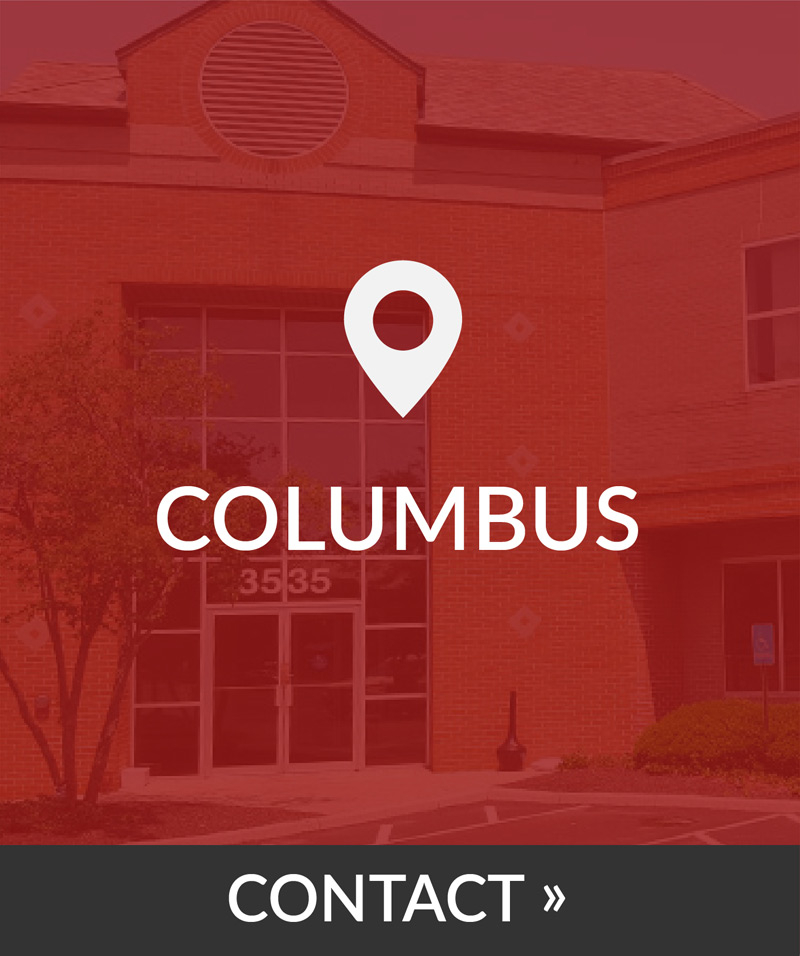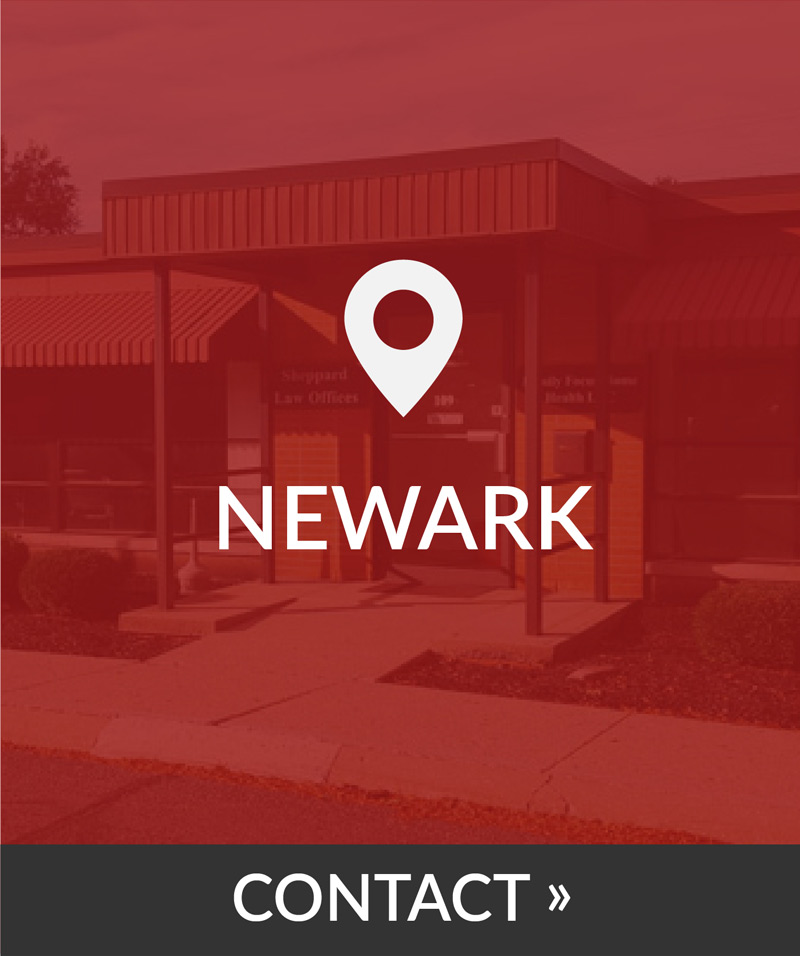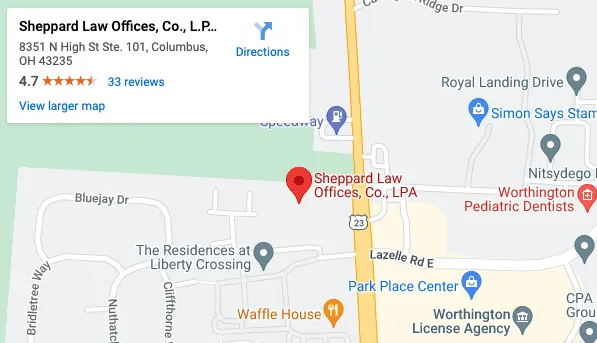Bankruptcy is a process governed by federal law that helps individuals and businesses who have encountered difficulties in paying their financial obligations and debts. For consumers, there are primarily two types of bankruptcy: Chapter 7 bankruptcy and Chapter 13 bankruptcy.
There may be many reasons why you may decide to file for bankruptcy relief. The most common way that bankruptcy helps is by eliminating overwhelming unsecured debt. Medical debt, credit cards, personal loans, and old utility bills are examples of unsecured debt. Medical bills may have been piling up. Credit card bills (and their outrageous interest rates) may have become too arduous to pay off. Perhaps you are trying to keep your house or car.
The rules that apply to both Chapter 7 and Chapter 13 bankruptcies in Columbus should be applied to your specific situation to determine which option may be better for you. A Chapter 7 is a “fresh start”, where 100% of your unsecured nonpriority debt is discharged. A Chapter 13 bankruptcy helps you reorganize your debts, including tax debt and student loans. Bankruptcy can also help you end lawsuits, wage garnishments, and judgment liens.
Assuming that you qualify for a Chapter 7 bankruptcy in Columbus, or anywhere in Ohio, and that the equity in your home can be protected, then in order to keep your primary residence, you must be current on your mortgage(s) payments at the time of filing the bankruptcy petition. If so, then you will reaffirm that secured debt by completing a reaffirmation agreement. You will continue making your mortgage payments to the creditor in the same amount and at the same interest rate.
A Chapter 7 bankruptcy discharges 100% of your unsecured non-priority debt (i.e. medical bills and credit cards); whereas, a chapter 13 bankruptcy discharges a percentage of your unsecured non-priority debt upon successful completion of your Chapter 13 plan of reorganization. Chapter 7 is the true “fresh start” bankruptcy and it takes about 4-5 months to complete after filing. A Chapter 13 helps you reorganize your debts based upon your current financial ability. A Chapter 13 payment plan ranges from 3 to 5 years. In Chapter 7 cases, we discuss with you reaffirmation agreements and redemption options. In Chapter 13 cases, we discuss with you proofs of claim and priority of debts.
The overall cost to file a Chapter 7 bankruptcy including attorney fees, filing fees, obtaining credit reports, and credit counseling generally ranges from $2,200 – $2,500.
At Sheppard Law Offices, bankruptcy Attorney Ken Sheppard and his team charge a fixed fee for both chapter 7 and chapter 13 bankruptcy cases. At your free initial consultation, our bankruptcy lawyers will share with you our attorney fees, filing fees, and other related costs. In all cases, to start the bankruptcy process in our office, the retainer is $300.00. This $300.00 retainer allows you to refer those annoying creditor calls to Sheppard Law Offices.
When you become a client, we discuss certain actions you should and should not do. We execute a written fee agreement and we will customize a two page “to-do” list for you. Our process is streamlined to make your experience as easy as possible. We will discuss with you how you may defer filing fees in Chapter 7 bankruptcy and Chapter 13 bankruptcy cases. We will discuss with you how you may defer a portion of your attorney fees in Chapter 13 cases. We also offer payment plans, where you are in charge of your payment plan.
Your course of action will depend on your bankruptcy strategy. There are several factors that may determine when you file for bankruptcy; therefore, consult with Attorney Sheppard or Lawyer Archer to confirm the appropriate measures to take when you are named as a Defendant in a lawsuit. You have 28 days from the date you were served with the summons and complaint to file an Answer. Speak with one of our bankruptcy attorneys for assistance in filing an Answer and what to expect in that civil lawsuit.
If you are facing bankruptcy in Columbus, contact the bankruptcy attorneys at Sheppard Law Offices today!
Where are the Newark, Mount Vernon, Canton, and Columbus, Ohio Bankruptcy Law Offices located?
Ken Sheppard and his team of Columbus bankruptcy attorneys proudly serve the entire Columbus area with locations in Downtown, Hiliard, Mt Vernon, and Newark. To get in touch and schedule your free 30-minute consultations, please free to to call us toll-free at 866-770-2190 or choose the most convenient location for you below.





